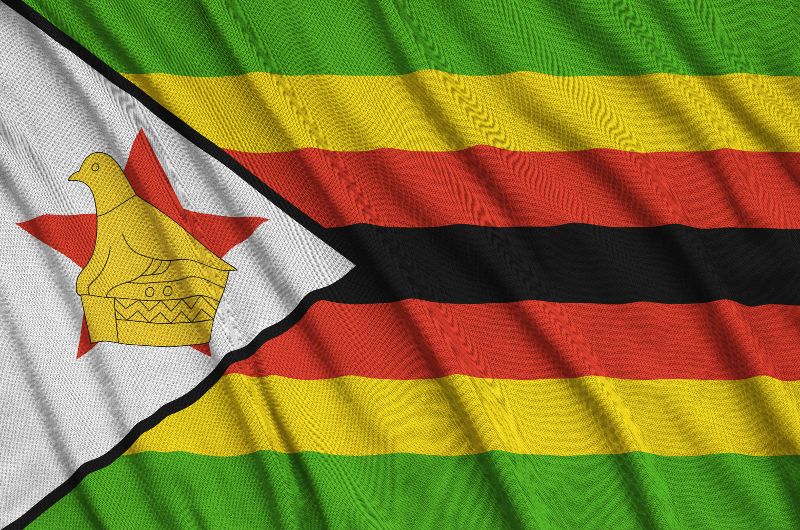Zimbabwe‘s Minister of Finance, Mthuli Ncube, has said he is in favour of the use of cryptocurrencies.
Summary
Cryptocurrencies in Zimbabwe
Zimbabwe is a very special case, because it does not have its own national currency, as the Zimbabwean dollar (ZWL) was withdrawn from the market in 2009 due to a total loss of value.
Since then, several foreign currencies have been used in the country, including in particular the Rand of neighbouring South Africa and especially the US dollar.
Despite this, the local authorities have always been sceptical about the use of cryptocurrencies, so much so that they have closed the local crypto exchange, Golix, by order of the authorities.

However, Zimbabweans do use bitcoin, so much so that the dollar price of BTC on local exchanges has often been significantly higher than on global exchanges.
A couple of years ago, Ncube himself urged the country to embrace cryptocurrencies, following the example of Switzerland, but his appeal went unheeded.
Cryptocurrencies to help with remittances
Ncube was recently at the DMCC Crypto Center in Dubai, and spoke again about cryptocurrencies.
I visited the DMCC CRYPTO CENTRE in Dubai, which is a fascinating incubation hub for crypto currency and payment solutions. Came across solutions that could lower charges for diaspora remittances. pic.twitter.com/krhW8EJHLE
— Prof. Mthuli Ncube (@MthuliNcube) September 9, 2021
He commented on this visit by saying that he has found some solutions that could lower the rates for remittances.
The remittance market is one where cryptocurrencies can help the most, with fast and cheap cross-border transactions.
Zimbabwe vs El Salvador
In El Salvador, where bitcoin has been officially declared legal tender, BTC is already being used to receive remittances, via the Lightning Network, with transactions being extremely fast and much cheaper than traditional systems.
According to an analysis by Bank of America, given that 24% of the Central American country’s GDP is due to remittances, and given that the costs of the old services account for about 10% of their total, it is estimated that the total cost of all remittances could constitute 2.4% of the entire GDP.
In Zimbabwe, the situation is certainly different, though it could be similar, so it is obvious that the Minister of Finance is interested in alternative systems that could have a significant impact on his country’s Gross Domestic Product.
A local newspaper also pointed out that there are already startups working on such solutions in the country.
It is worth noting that Zimbabwe is one of the countries in the world with the lowest degree of economic freedom, according to the Index of Economic Freedom 2021, so it seems very unlikely that Ncube’s words will be taken seriously by other government officials.
It is believed that the main reason why the local government as a whole is against cryptocurrencies is that the financial freedom they provide is considered excessive.




